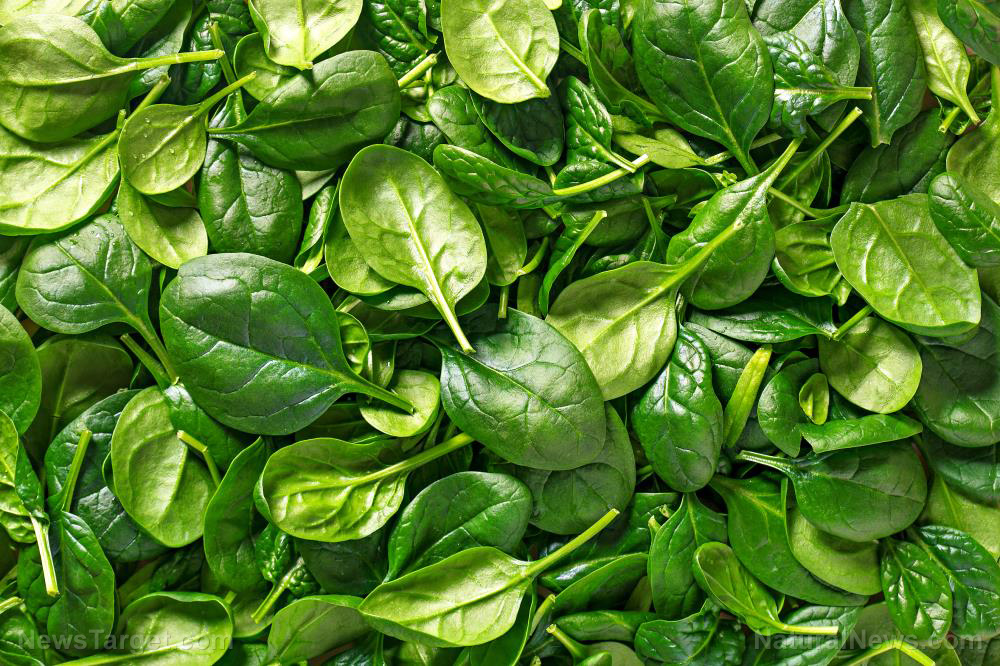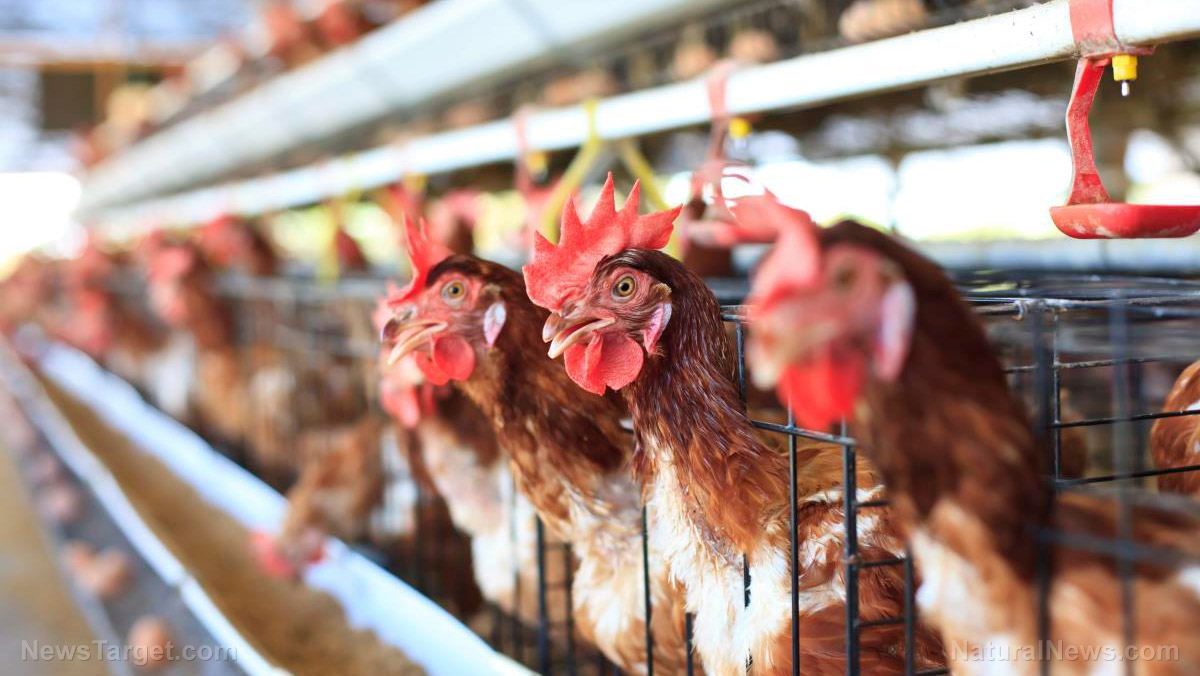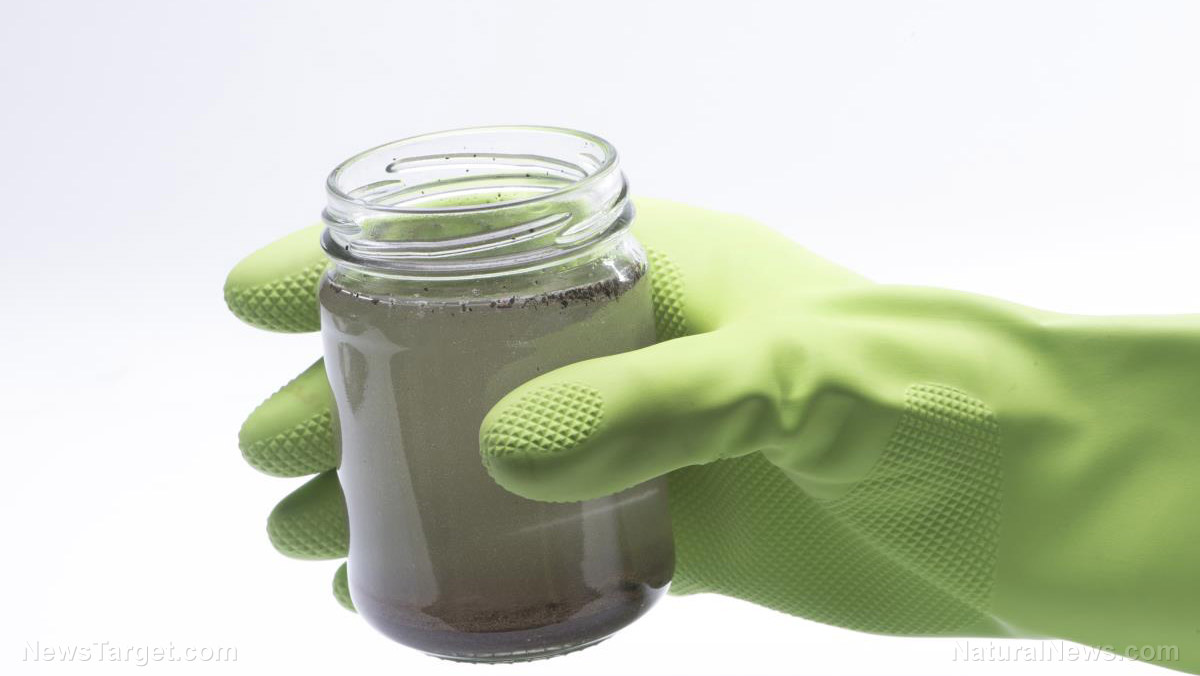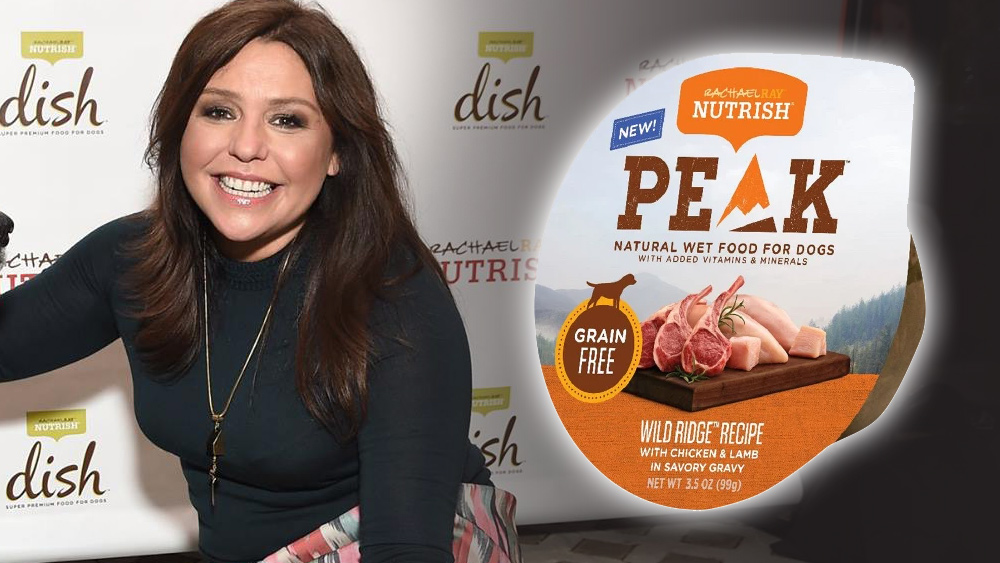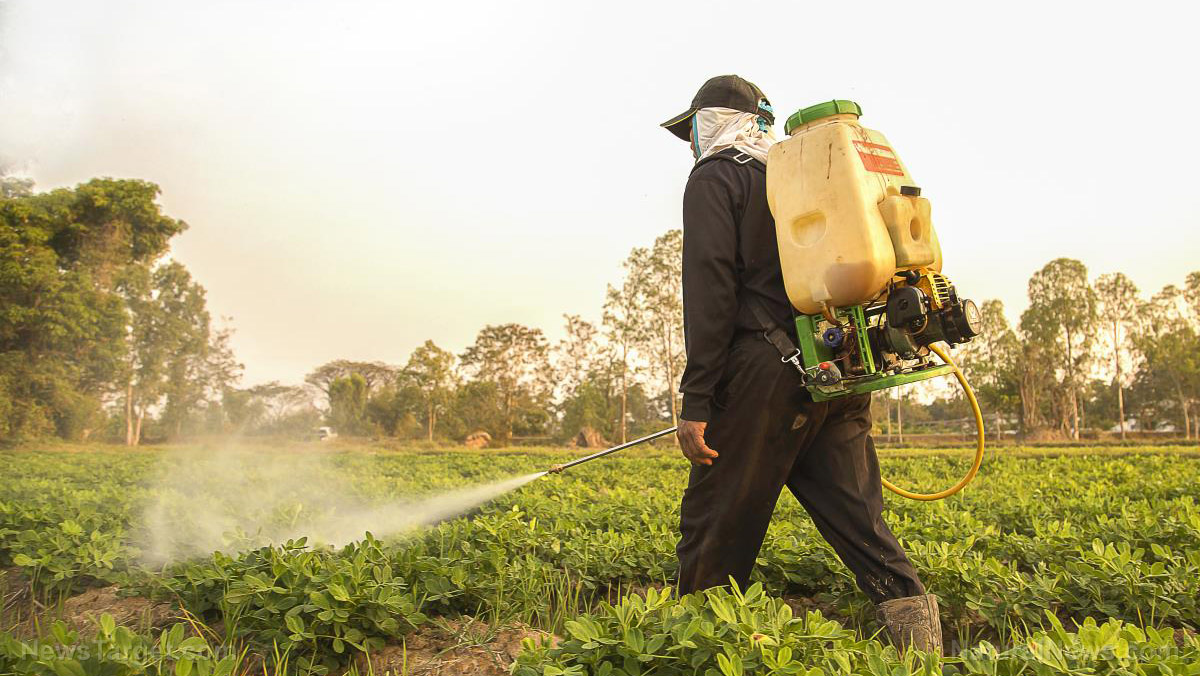Amazon’s purchase of Whole Foods to create a dangerous monopoly on health products that are frequently contaminated with heavy metals, warns the Health Ranger
06/20/2017 / By Ethan Huff

One of the big questions on everyone’s minds following the recent acquisition of Whole Foods Market by Amazon.com CEO Jeff Bezos is what will become of the natural and organic grocer moving forward? The prospect of Whole Foods becoming more like Bezos’ other ventures is an ominous one for many people, especially because it affects something that’s very near and dear to all of us: Clean, chemical-free food.
To be fair, Whole Foods was already stricken with problems prior to the merger, including the presence of dangerous heavy metals like mercury and lead in some of its products. When independent lab reports confirming this were presented to Whole Foods executives, they basically ignored them and continued on with business as usual – which says a whole lot about the unfortunate direction the company was headed even without Amazon in the picture.
But now with Bezos at the helm, it stands as a very strong possibility that this investment guru will make things even that much worse by doing with Whole Foods what he usually does with companies he buys: Form a monopoly in health food. If his other endeavors are any indicator, the monopolized health food that Whole Foods sells will still contain toxins, GMOs, and highly-processed vegetable oils, but it will be even further “green-washed” as Whole Foods continues its descent into the realm of fake health food.
Any honest person would hope for this not to happen, of course. But Bezos has quite the reputation for turning anything he touches to the dark side. The man is all about greed and control, and it isn’t expected that he will treat Whole Foods any differently. Just look what he did to The Washington Post after taking it over for $250 million back in 2013.
“It’s become obvious that, with the election of Donald Trump, none of the editors at [The Washington Post] can be trusted to uphold even the most basic of journalistic standards,” writes Patrick Maines, a contributor at The Hill.
“Washington, D.C., is, after all, the seat of law, government and politics in this country, and it’s in the nation’s vital interest that the dominant newspaper in that city be journalistically excellent. And that means, among other attributes, rigorously separating news from opinion, something the Post is manifestly not doing now.”
Watch out for ‘fake food’ at Whole Foods now that Bezos is in charge
In other words, Bezos has not only upheld the status quo at The Post, but has actually made it worse by expanding its offerings of fake news. The Post is no longer respected by anyone who understands what real journalism is, and the same reputation could get attached to Whole Foods Market under his leadership.
The good news is that customers still have a say in all of this. People who shop at Whole Foods can demand that all Whole Foods products containing GMOs must still be labeled in 2018 as promised by the company back in 2013. They can demand that the store pulls toxic oils like canola and soy from its offerings on the salad and hot bars. It can hold the company to paying its workers fair, living wages and treating its customers with dignity and honesty. The customer base at Whole Foods can, if it chooses to, represent the “sink or swim” factor that determines whether or not the company survives this transition – because if customers aren’t shopping there, then Whole Foods won’t exist.
While it’s possible that Whole Foods under Bezos could choose to work towards good rather than evil, the future appears to look bleak. Here’s to hoping that Bezos will surprise everyone and take Whole Foods down a different path than the one it’s currently on.
Sources:
Tagged Under:



